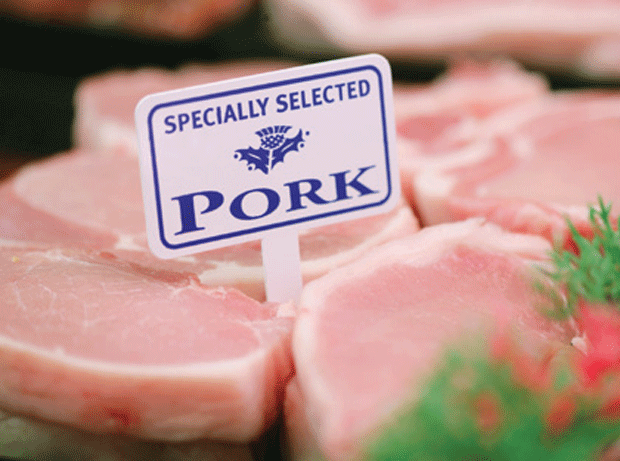
Reports from politicians that an agreement has been reached in principle with Russia to lift an import ban on EU pork products are “promising,” but industry commentators say there is still work to do.
The Russian government introduced an import ban on EU pork, live pigs, and other related products in January 2014 as a response to an outbreak of African swine fever in Polish and Lithuanian wild boars.
Deteriorating relations between Russia and the West over its involvement in the Ukrainian conflict later led to a more widespread trade embargo banning Western meat, fish, fruit & veg and dairy products in August.
However, the initial ban on pork products could soon be overturned, with a statement issued on 19 January by French minister of agriculture Stéphane Le Foll confirming an “an agreement in principle was reached on the resumption of French exports of live pigs, offal and pig fat to Russia”.
The apparent breakthrough in relations with Russia followed meetings between European Commission and Russian officials last week in Berlin, and “should allow a resumption of the EU export of some products from the pork sector to Russia”, claimed the European Livestock and Meat Trades Union (UECBV).
A spokeswoman for the union described the outcome of the meetings as positive, with a prospective agreement on pork products having the “potential to restore confidence between the two regions”. She added that EU member states would now start working on the “technical specifications for a resumption of the export of some specific products”.
But while European Commission spokesman Enrico Brivio confirmed the outcome of the meetings had been “positive”, the UK’s National Pig Association cautioned that more work was required to reach an agreement. “Contrary to various claims, Russia has not yet selectively lifted the import ban”, said spokesman Digby Scott.
However, if Russia did lift the pork ban for EU countries not adjacent to African swine fever control regions, “it could pave the way for a resumption of exports of European Union pork fat and trimmings, as these were not originally included in the August ban”, he said, and could help remove a glut of the product on the continent which had driven down prices.
His thoughts were echoed by Provision Trade Federation director general Terry Jones, who said any potential lifting of the import ban would be “promising”, but required verification.
“It’s an encouraging sign, but we are still trying to find out exactly what it might mean for the industry,” he said.



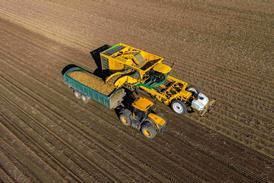



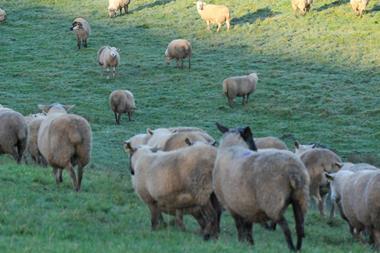
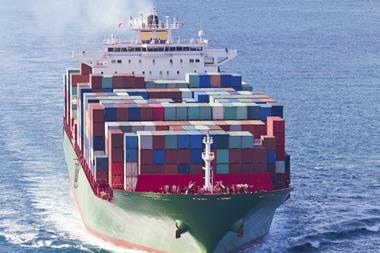
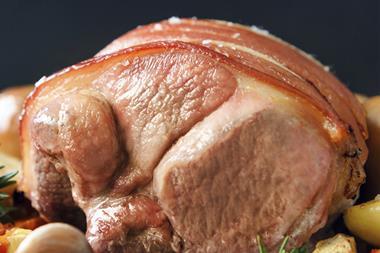
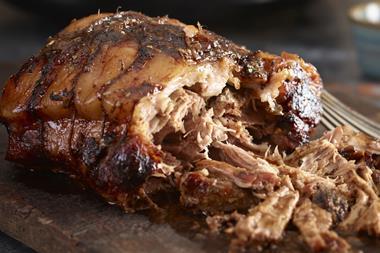




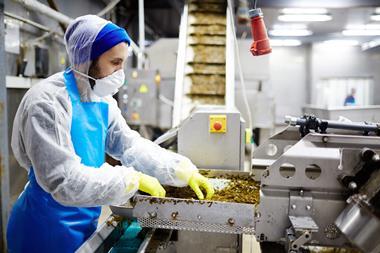

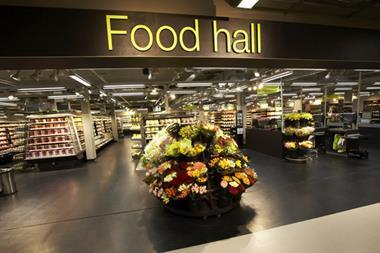
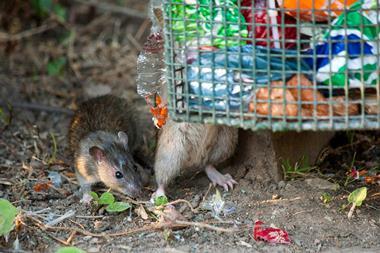
No comments yet